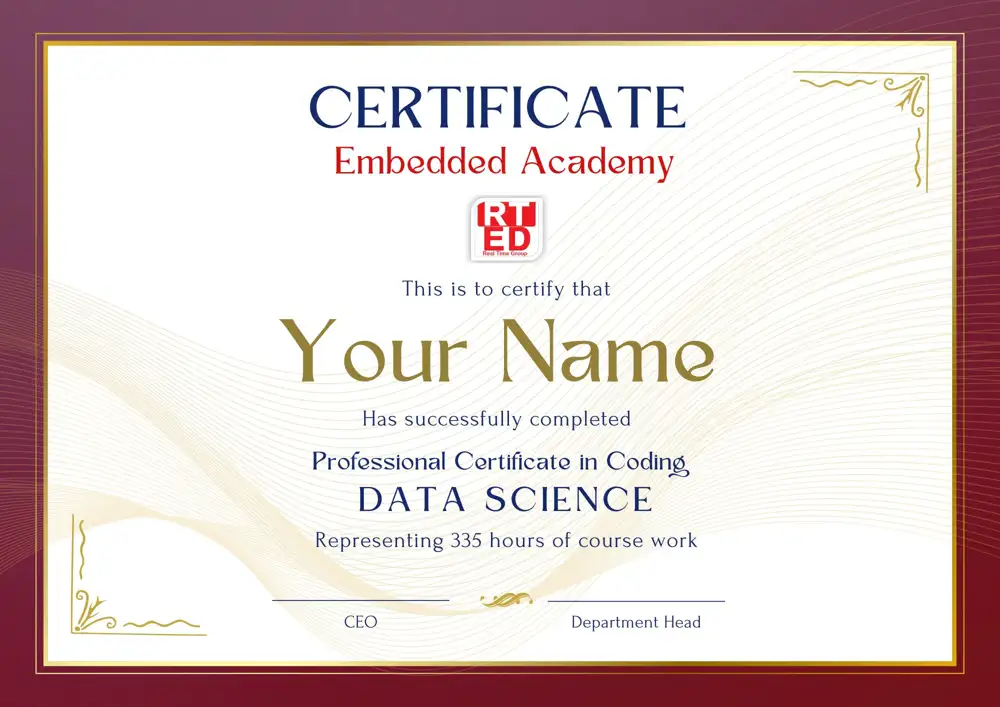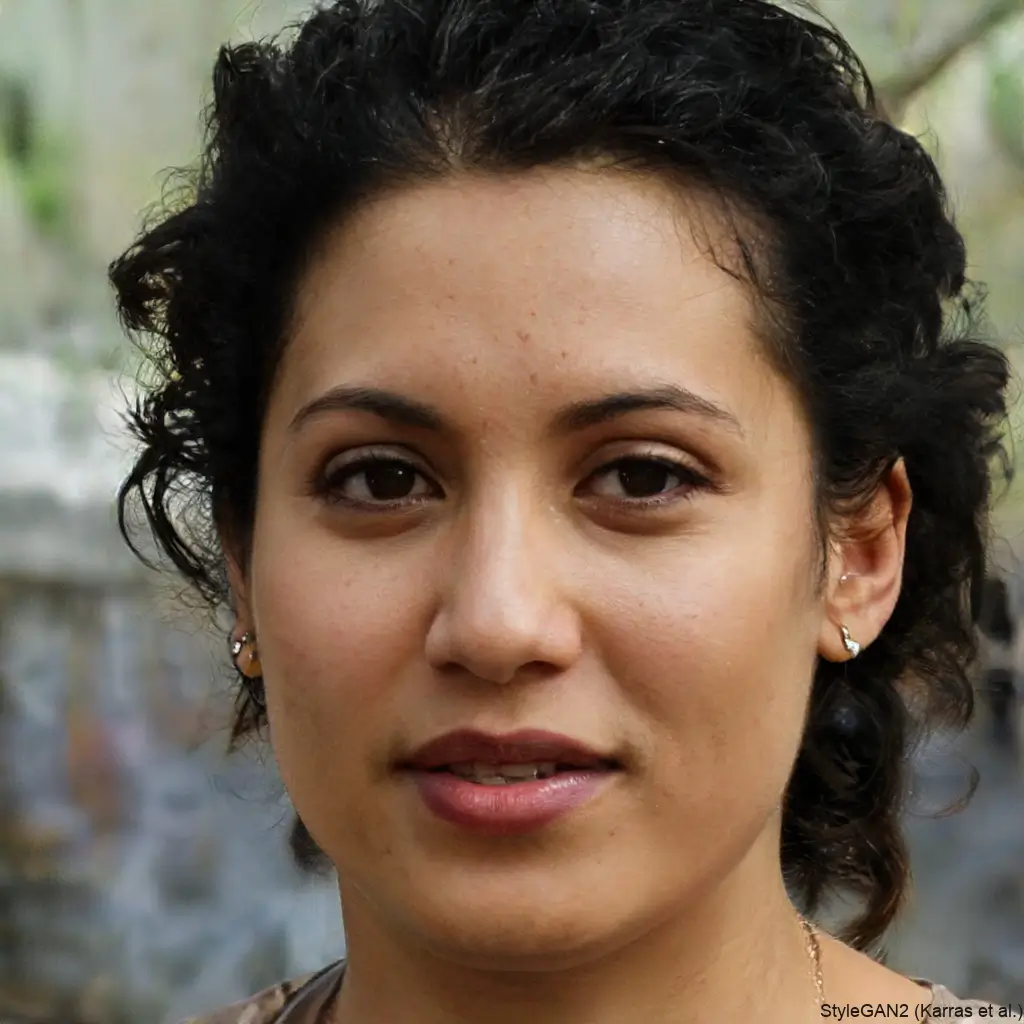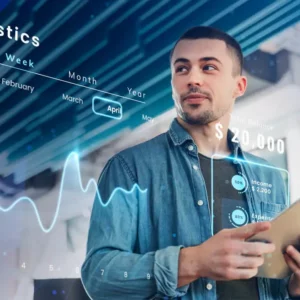
1. Understand the main goal and intermediate objectives of the project.
2. Collect data from various sources.
3. Organize the data at your disposal: cleans, filters, and arranges.
4. Construct a model that theoretically should achieve the project's goals.
5. Train the system on the data portion and evaluate the learning results.
6. Validate the model to achieve the goals with unfamiliar data.
7. In case the system did not sufficiently achieve the goals, start again from the first stage.




.webp)
.webp)
.webp)
.webp)














